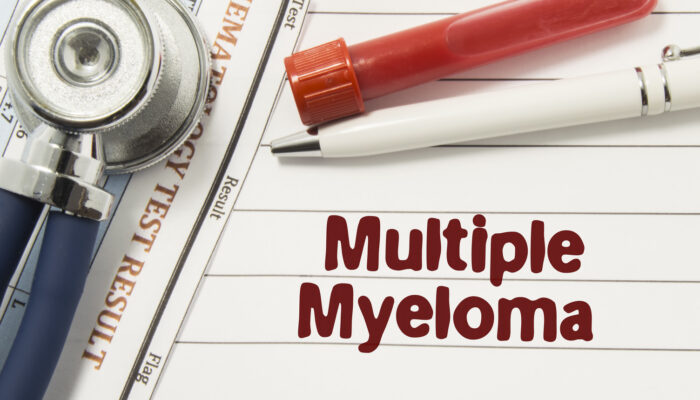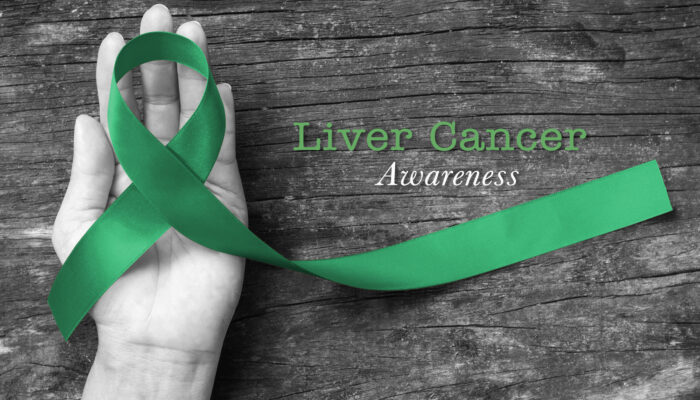
Ways in which migraines can be treated
The treatment for migraine is usually aimed at controlling symptoms and preventing future attacks. Some drugs also help relieve or prevent migraines even though their main purpose is to treat another condition. Two broad categories of medications to combat migraines are:
- Medications that relieve pain: Such medications are taken during a migraine attack and help in stopping its symptoms.
- Preventive medications: Such medications are taken on a regular or daily basis and greatly reduce the frequency and severity of migraines.
Depending on the frequency and severity of the headache and the extent of disability it causes, a strategy of treatment is recommended by medical professionals.
Medications that relieve pain
For the best results, pain-relieving medications should be taken as soon as signs or symptoms of migraine show up. It is advised to sleep in a dark room, take ample rest, and stay well-hydrated after taking medications such as:
- Pain relievers: There are drugs that are manufactured specifically for migraines with a combination of acetaminophen, aspirin, and caffeine such as aspirin and ibuprofen. These drugs help to eliminate mild to moderate migraine pain.
- Triptans: These drugs make blood vessels constrict and block pain pathways in the brain. Medications include drugs such as sumatriptan, rizatriptan, and many others. They are available in injection, pill and nasal spray forms. Triptans are not recommended for people at risk of stroke and heart attack.
- Ergots: Though these drugs are less effective than triptans, they have a lasting effect in cases where the pain is present for more than 48 hours. Dihydroergotamine is more effective and is less likely to lead to overuse of medication headaches.
- Anti-nausea medications: These are used to treat nausea caused due to migraine medications.
- Opioid medications: These are also used to treat migraine and can contain narcotics, codeine, in particular. Opioid medications are used only as a last resort.
Preventive medications
Preventive therapy is an option for people who come under the following categories:
- Have four or more disabling attacks in a month
- If the duration of an attack is more than 12 hours
- The pain-relieving medication given does not help
- Have a symptom of prolonged aura or weakness and numbness
Medications to prevent migraines are potent and don’t just help in relieving the symptoms of migraine attacks but also help in reducing the frequency, severity, and length of migraines. Preventive medications are recommended for use on a daily basis.
Some preventive medications for migraine are:
- Cardiovascular drugs: These are given to reduce the frequency and severity of the migraine; beta-blockers commonly used to treat high blood pressure and coronary artery disease.
- Anti-depressant drugs: These drugs are effective in preventing migraines even in people who do not have depression. Tricyclic antidepressants affect the level of serotonin and other brain chemicals and reduce the frequency of migraine.
- Antiseizure drugs: A few drugs such as valproate and topiramate are said to reduce the frequency of migraines.
- Pain relievers: NSAIDs like naproxen reduce symptoms and prevent migraines.
- Botox: Studies show that when Botox has proved to be helpful in the treatment of chronic migraines in adults.



